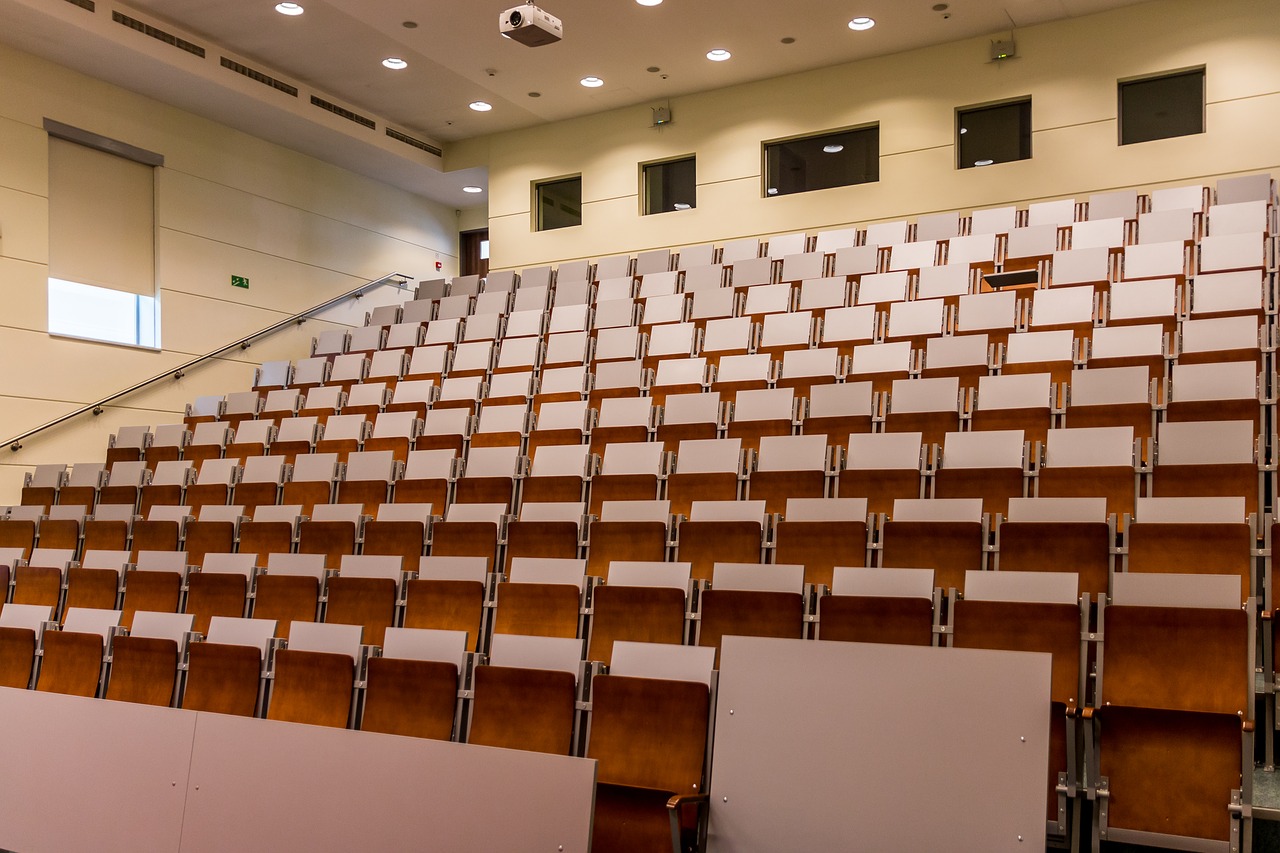 Foto: jarmoluk / pixabay
Foto: jarmoluk / pixabayAfter nearly a year and a half since the outbreak of the Covid-19 pandemic, universities are no longer what they used to be. International mobility has been affected heavily, many universities faced severe financial problems, and campuses were locked down for weeks or even months. Consequently, the relation of students to their universities changed dramatically: teaching had to be switched almost from one day to the next with presence learning shifting to digital, or blended modes of delivery. Many students who started their coursework in 2020 reported that until now they have never been on their campus, and never met their teachers personally.
As higher education is a highly self-reflexive system, studies on the impact of Covid-19 have been conducted and published. Recently the European Commission published a synopsis of the various studies drawing on 14 rapid-response surveys carried out in 2020 by university networks, student organisations and researchers, as well as over 50 journal articles, reports and publications. This synopsis looked at short- and long-term aspects as well as conclusions on different levels of action. In the first months of the pandemic their focus was on financial impacts and on the negative effects on international mobility (which is closely linked in some countries). Other studies focused on the student experience and student life, but many of their results and conclusions of the impact of Covid-19 on students (for example, on the growing incidence of depression) are not specific to higher education, but rather reflect general impacts of the pandemic on social life and on individuals.
A crucial question, so far not really addressed, is whether the recently enroling student Covid-cohorts feel that they have suffered from the restrictions and hence face future career disadvantages.
To answer this question, U-Multirank can link specific questions and data on the impact of Covid-19 and the pandemic management with its general data on institutional performance and the views of students on their learning experience. In particular, U-Multirank data allow for comparisons between the pre-pandemic situation, based on previous data collection, and the pandemic situation. Additionally, U-Multirank data also allow for distinguishments between subjects and academic fields, which is largely overlooked in existing studies.
Read more about the study on umultirank.org

